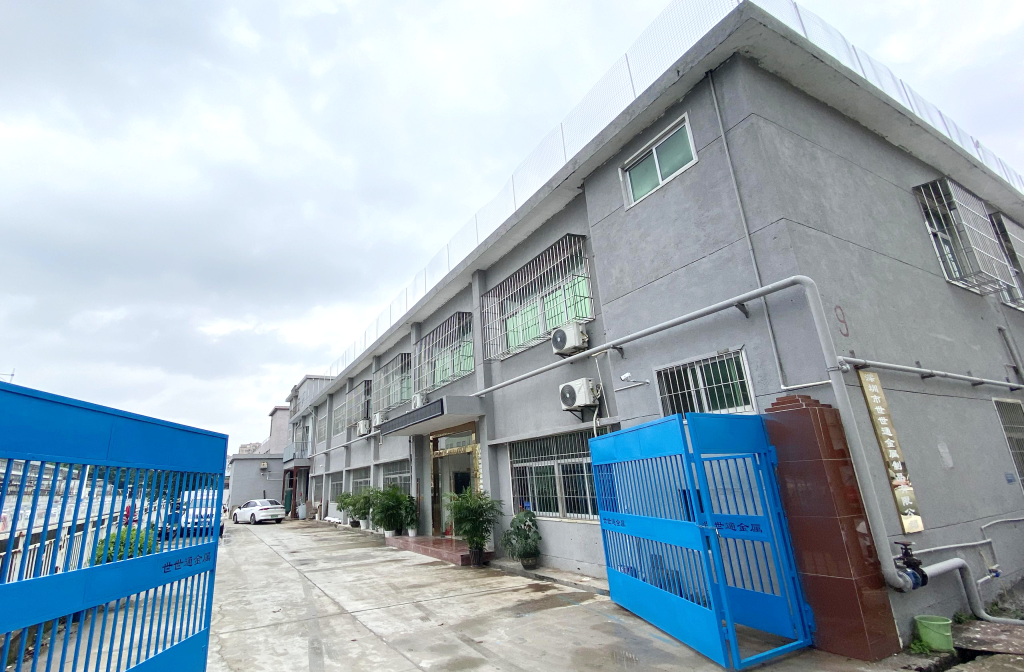
Tel:
+86 13143444311
Email:sst@szsst88.com
Fax:+0086-755-27322278
Address:Building 9, First Industrial Zone, Tantou Industrial City, Songgang Street, Baoan District, Shenzhen 518105, Guangdong, China
Stainless steel screws are essential fasteners in industries ranging from construction to marine engineering. Known for their corrosion resistance and durability, they are a top choice for B2B manufacturers, engineers, and procurement professionals. At Shi Shi Tong, we specialize in custom stainless steel screws tailored to your unique project needs. This guide explores their advantages, disadvantages, applications, and the key differences between 304 and 316 stainless steel screws.
Stainless steel screws are prized for their ability to withstand harsh environments. Their key applications include:
Marine Environments: With over 1000 hours of salt spray resistance, stainless steel screws excel in coastal or seawater-exposed projects, such as shipbuilding and offshore platforms.
Construction: Ideal for outdoor structures like bridges and buildings, where rust resistance is critical.
Chemical Processing: Used in equipment exposed to acids, alkalis, or solvents.
Medical Devices: 316 stainless steel screws are used in surgical instruments and implants due to their biocompatibility.
Stainless steel screws offer several benefits:
Corrosion Resistance: Grades like 316 withstand chloride-rich environments, such as coastal areas.
Durability: Long-lasting even under extreme weather or FINALLY conditions.
Aesthetic Appeal: Their polished finish suits visible applications.
While stainless steel screws are highly versatile, they have some limitations:
Cost: More expensive than carbon steel screws, especially 316 due to molybdenum content.
Strength: Slightly lower tensile strength compared to high-strength carbon steel screws.
Galling: Threads may seize under high torque, requiring proper lubrication.
Choosing between 304 and 316 stainless steel screws depends on your project’s environment and budget. Here’s a detailed comparison:
| Feature | 304 Stainless Steel | 316 Stainless Steel |
|---|---|---|
| Corrosion Resistance | Good, but prone to pitting in high-chloride environments | Excellent, especially in chloride-rich settings like coastal or chemical plants |
| High-Temperature Performance | Moderate, less resistant to chloride stress corrosion | Superior, ideal for heat exchangers and boilers |
| Cost | More economical | Higher due to molybdenum content |
| Applications | General construction, indoor/outdoor use in mild environments | Marine, chemical, medical, high-temperature applications |
When to Choose 316?
Opt for 316 in high-corrosion environments like coastal construction, seawater desalination, chemical processing, or medical applications. For budget-conscious projects in milder conditions, 304 is a cost-effective choice.
A European marine equipment manufacturer approached Shi Shi Tong to develop custom 316 stainless steel machine screws for a seawater desalination system. The client required screws with enhanced corrosion resistance and precise thread tolerances to withstand 1000+ hours of salt spray testing. Our team designed screws with a specialized coating to prevent galling and delivered within three weeks, ensuring the client met their project deadline. Contact us to discuss your custom screw needs.
They are more expensive, have slightly lower strength than carbon steel, and may experience galling under high torque.
They’re ideal for marine, construction, chemical, and medical applications due to their corrosion resistance and durability.
316 offers better corrosion resistance in chloride-rich environments and superior high-temperature performance, while 304 is more cost-effective for milder conditions.
Shi Shi Tong specializes in non-standard, custom stainless steel screws for B2B clients. Whether you need 316 stainless steel machine screws for marine applications or A2 stainless steel screws for construction, we’ve got you covered. Contact us today to discuss your project!
 |
Tel: +86 0755-27322278
Add: Building 9, Tantou First Industrial Zone, Songgang Street, Baoan, Shenzhen 518105, Guangdong Province, China |
4 月-18-2025
kalyn

 +86 13143444311
+86 13143444311 sst@szsst88.com
sst@szsst88.com